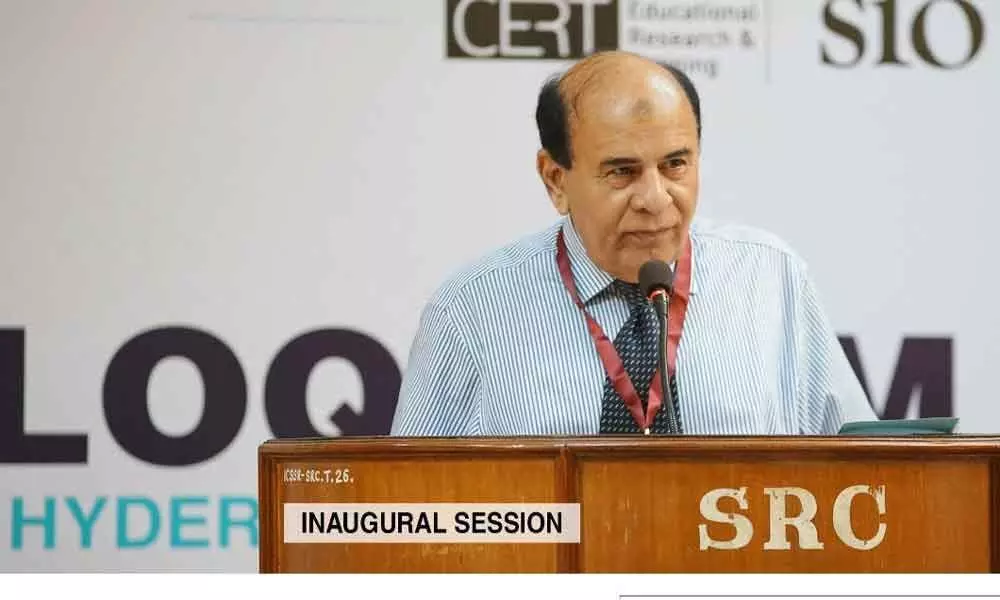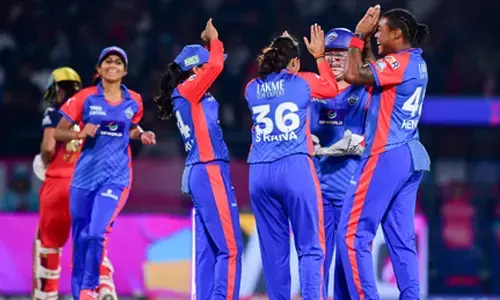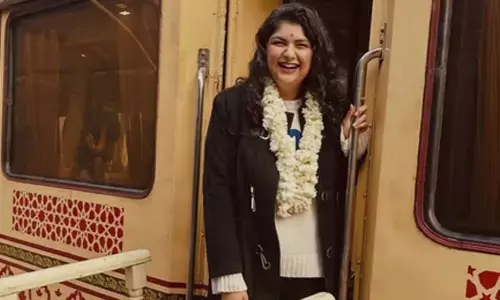Composite culture evolved in south

History of Muslims dates back to 1300 AD in Deccan region
Tarnaka: The first day of South India History Colloquium which hosted experts, historians, professors and researchers from across India saw divergent views on one platform. The summit was organised by Centre for Educational Research and Training (CERT) in collaboration with Student Islamic Organisation of India (SIO) and was aimed at contemplating over historical perspectives and issues plaguing the marginalised communities.
In his opening address, Br Labeed Shafi, the president of SIO, highlighted the theme of the summit and said, "The Indian history is being changed in a systematic manner. The history and cultures of South India are diverse. Under these serious circumstances, CERT rightly held a programme on this important subject at this need of the hour."
Prof Suleiman Siddiqui said, "Muslims did not come to India because of Mohammed bin Qasim but had already arrived in the country during the time of the noble prophet pbuh in Kerala and conducted trade there. The difference between north and south is that in the south, Hindus and Muslims lived side by side in peace with each other and Hindu kings provided the Muslims with opportunities for trade.
On the other hand, in the north, there was always a rift. A war for the government always pursued in this region. A war which Mohammed bin Qasim also saw an opening and took part in."
Composite culture developed in the south, but not in the north. The history of Muslims dated back to 1300 AD in the Deccan region. The Nizams contributed millions of rupees to several temples, mosques and universities, the speakers said.
After the inaugural session, three sessions were held with themes of 'Community Histories of South India,' 'History of Annexations in South India,' and 'Countering the Distortions in Historiography and Community History of South India'
The sessions were chaired by Kombai S Anwar, a senior journalist and documentary maker, Sarfaraz Shaik, a senior journalist, and Dr Muzaffar Assadi, Officer on Special Duty, Raichur University. They concluded with a roundtable on 'State Hegemony and Appropriation: Redefining the Past.'
It was chaired by Syed Azharuddin, general secretary, SIO of India. Students and leaders from various university unions and representatives of various organisations, research scholars from across South India, attended the meet.














